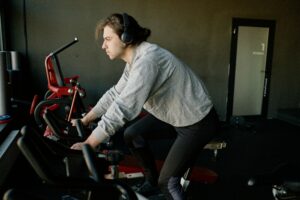Essential Recovery Strategies for Optimal Athletic Performance

Recovery is where the magic happens. While intense training stimulates adaptation, it’s during recovery that your body actually builds stronger muscles, develops greater endurance, and improves performance.
Sleep: The Ultimate Recovery Tool
Nothing impacts recovery more profoundly than sleep quality and quantity:
- Aim for 7-9 hours of quality sleep each night
- Maintain consistent sleep/wake schedules
- Create a sleep-promoting environment: dark, cool, and quiet
- Limit screen time and caffeine before bed
Nutrition for Recovery
Strategic post-workout nutrition accelerates recovery:
- Protein: 0.3-0.5g per kg bodyweight within 2 hours post-exercise
- Carbohydrates: 0.5-1.0g per kg bodyweight to replenish glycogen
- Hydration: Replace 150% of fluid lost during training
- Anti-inflammatory foods: Berries, fatty fish, turmeric, and tart cherries
Active Recovery Techniques
Low-intensity movement on rest days enhances recovery by:
- Increasing blood flow to damaged tissues
- Clearing metabolic waste products
- Reducing muscle stiffness and soreness
Options include walking, swimming, cycling, yoga, or light resistance training at 30-60% of normal intensity.





